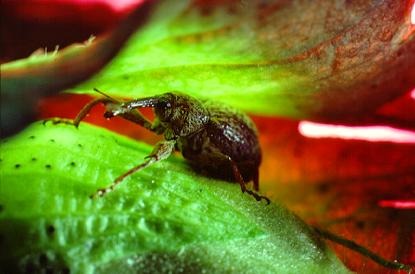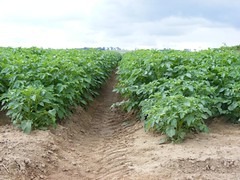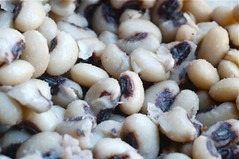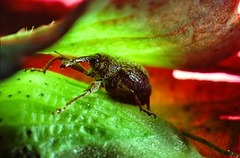
GM/Biotech Crops Report – August 2019
1st August 2019- GM/Biotech Crops Monthly Reports (BELOW) form part of BCPC’s free three-tier Biotech Crops Info service.
- This service also includes a weekly round-up of news from around the globe – see BCPC Newslink GM Crops section.
- Plus – Free access database on over 300 GM/biotech products covering 23 crops in the global market visit BCPC’s GM/Biotech Crops Manual – Register here for free access.
Already registered? Click here
GM/Biotech Crops Monthly Report August 2019
 | New cure for bladder cancer Why did god invent the common cold? It seems that when it infects cancer cells in the bladder it identifies them for the body’s immune cells to attack. Since virus genomes are easy to edit, this could be the start of a whole new era of treatment for a range of cancers. More. Pic: Tina Franklin |
|---|---|
| Do you know your genome? More than 50% of Icelandic people have had their genome sequenced and so medicines can be specifically tailored to their needs but there are clearly differences in different populations. Will baby’s genomes be routinely sequenced at birth in future? More. |  |
 | Sheath blight resistance in rice Finding no genetic resistance to sheath blight in the rice genome, Chinese scientists looked further afield and found that the chitinase gene in bitter lemon does the job when spliced in to the rice genome. More. |
| Global crop monitoring The Sainsbury Laboratory is part of a group that is concerned about food security and is proposing that a global system to detect future crop disease epidemics is developed to monitor food staples such as wheat, potato, maize, rice, beans and cassava amongst others. More. |  |
 | Barley virus delivers CRISPr editing‘Chinese scientists have developed a technique of using barley stripe mosaic virus to deliver edited sections of RNA to specific sites in the genomes of wheat and maize to achieve improved efficiency of targeted mutagenesis. More. Pic: Coniferconifer |
| Virus resistant, cold tolerant potatoes Potatoes are attacked by viruses and when exposed to cold conditions can convert their sucrose to glucose and fructose but both defects could be avoided by a little gene editing. More. |  |
 | Waste not, want not A professor at Wageningen University is concerned that much of what we grow is thrown away once the edible parts are segregated and suggests that crops such as tomatoes could be engineered so that the stems and leaves are edible in addition to the fruits. No mention is made of how we stop pests eating the whole crop before we get to it. More. |
| New opportunities for farmers? Rather than grow food crops, gene edited tobacco plants could be used to produce specific proteins for industrial or medical use. Cornell and Illinois Universities are proposing that instead of producing specific proteins via fermentation vats, it would be more efficient and cheaper to grow them in the field. A high value crop such as this would be a welcome new income stream to some lucky farmers. More. |  |
 | Cow-peas for dinner? Scientists at California University have decoded the genome of the black-eyed pea. It contains high levels of protein and low levels of fat, is extremely robust and is a food staple in sub-Saharan Africa. These attributes make it an ideal candidate for further development as climate change degrades important crop production areas. More. |
| Dairy-free ice cream A small company in America has developed a gene-edited yeast that can be used to produce a new type of animal-free ice cream. Their first batch was sold out in just a few days as vegans enjoyed the fruits of their labour. More. |  |
 | Boll weevil-resistant cotton A professor at Wageningen University is concerned that much of what we grow is thrown away once the edible parts are segregated and suggests that crops such as tomatoes could be engineered so that the stems and leaves are edible in addition to the fruits. No mention is made of how we stop pests eating the whole crop before we get to it. More. |
| Symbiosis anyone? Some plants do not form symbiotic relationships with soil fungi due to the absence of the necessary gene but this gene has now been identified and can be built in to transgenic crops. More. |  |
THE LATEST ADDITIONS TO THE GM/BIOTECH DATABASE ARE:
• DAS44406-6 – soybean with tolerance of glyphosate, glufosinate and 2,4-D approved for food, feed and processing in the Philippines.
• DAS68416-4 – soybean with tolerance of glufosinate and 2,4-D approved for food, feed and processing in the Philippines.
FOR INSTANT ACCESS TO GM BIOTECH MANUAL CLICK HERE (Registration required)
Already Registered? Click here to access

